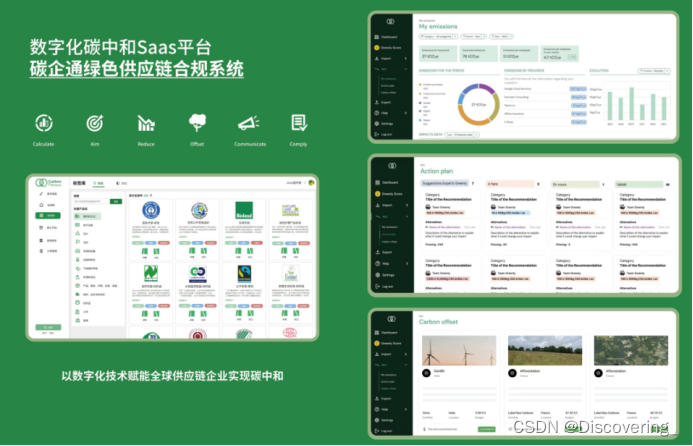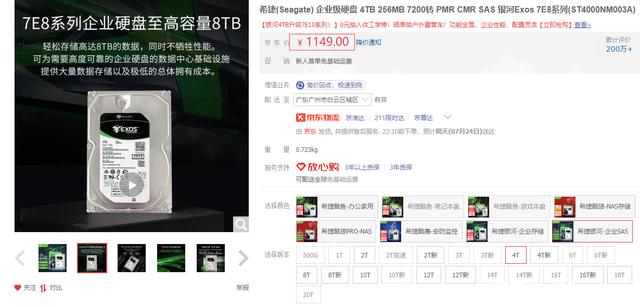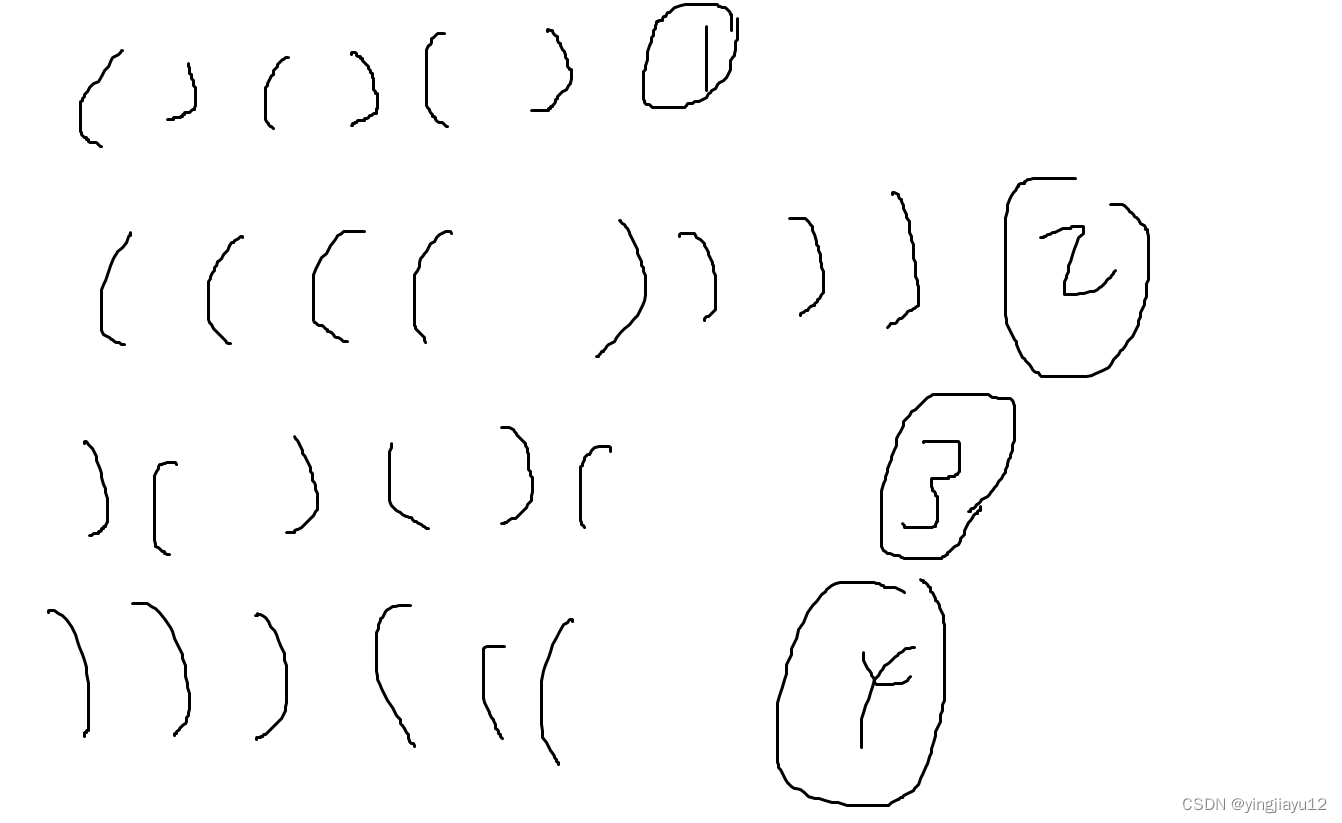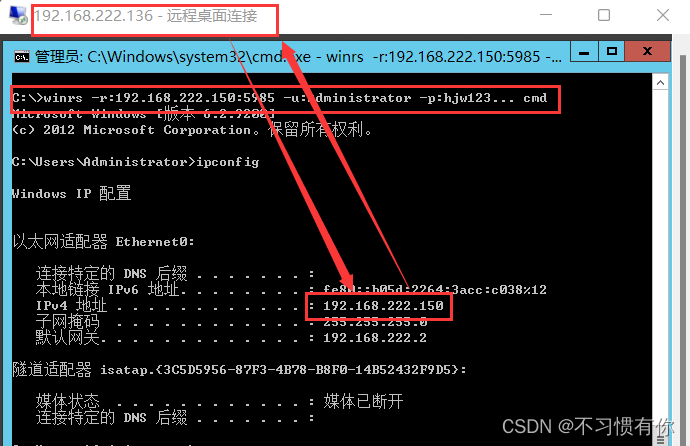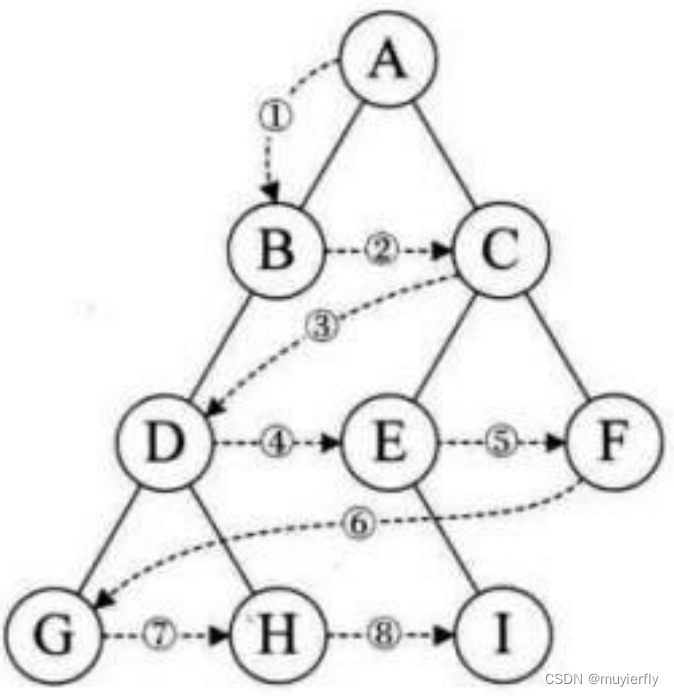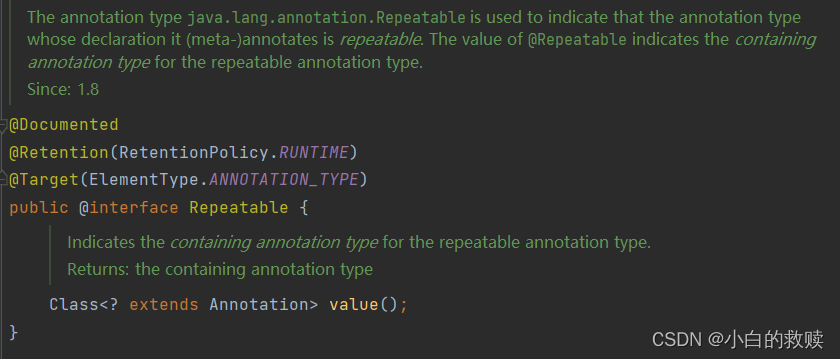
今天为大家介绍的是一篇发表于“Nature”上面的综述文章“Computational approaches streamlining drug discovery”,
Computer-aided drug discovery has been around for decades, although the past few years have seen a tectonic shift towards embracing computational technologies in both academia and pharma. This shift is largely defned by the food of data on ligand properties and binding to therapeutic targets and their 3D structures, abundant computing capacities and the advent of on-demand virtual libraries of drug-like small molecules in their billions. Taking full advantage of these resources requires fast computational methods for efective ligand screening. This includes structure-based virtual screening of gigascale chemical spaces, further facilitated by fast iterative screening approaches. Highly synergistic are developments in deep learning predictions of ligand properties and target activities in lieu of receptor structure. Here we review recent advances in ligand discovery technologies, their potential for reshaping the whole process of drug discovery and development, as well as the challenges they encounter. We also discuss how the rapid identifcation of highly diverse, potent, target-selective and drug-like ligands to protein targets can democratize the drug discovery process, presenting new opportunities for the cost-efective development of safer and more efective small-molecule treatments.
计算辅助药物研发已经存在了几十年,尽管过去几年在学术界和制药业中,采用计算技术的方式有了巨大的变化,但是这种变革主要是由于数据的增加和计算能力的提升。充分利用这些资源需要快速的计算方法来进行有效的配体筛选,包括对千兆级化学空间的基于结构的虚拟筛选,进一步借助快速的迭代筛选方法来促进这一过程。与此高度协同的是,针对受体结构的深度学习预测配体属性和靶点活性的发展。在这里,我们回顾了近期配体发现技术的进展,它们对重塑整个药物研发过程和发现潜在治疗靶点具有潜在意义,同时还讨论了它们所遇到的挑战。我们还讨论了如何快速地鉴定高度多样、有效、靶点选择性和类似药物的配体与蛋白靶点相结合,如何使药物研发过程民主化,为开发更安全、更有效的小分子治疗方法提供新机遇。
Expansion of accessible chemical space(扩大可利用的化学空间)
Why bigger is better(为什么越大越好?)
Physical libraries(物理库)
Virtual on-demand libraries(虚拟库)
Virtual chemical spaces(虚拟化学空间)
Computational approaches to drug design(计算辅助药物设计)
Challenges of gigascale screening(千兆级筛选的挑战)
Receptor structure-based screening(基于受体结构的筛选)
Modular synthon-based approaches(模块化的基于语法的方法)
Data-driven approaches and DL(深度学习和基于数据驱动的方法)
Hybrid computational approaches(混合计算方法)
Future challenges
Further growth of readily accessible chemical spaces(进一步扩大便利的化学空间)
Hybrid in vitro–in silico approaches
Outlook towards computer-driven drug discovery





